Eating healthily is important at any age, but as we grow older, it becomes even more essential to eat right in order to maintain a healthy weight, and keep our energy levels at a decent level. Your body needs all the right nutrients, in the right quantities, to keep every little part of it healthy. Here are some of the most important things seniors should include in their diet.
Omega – 3 Fish Oil
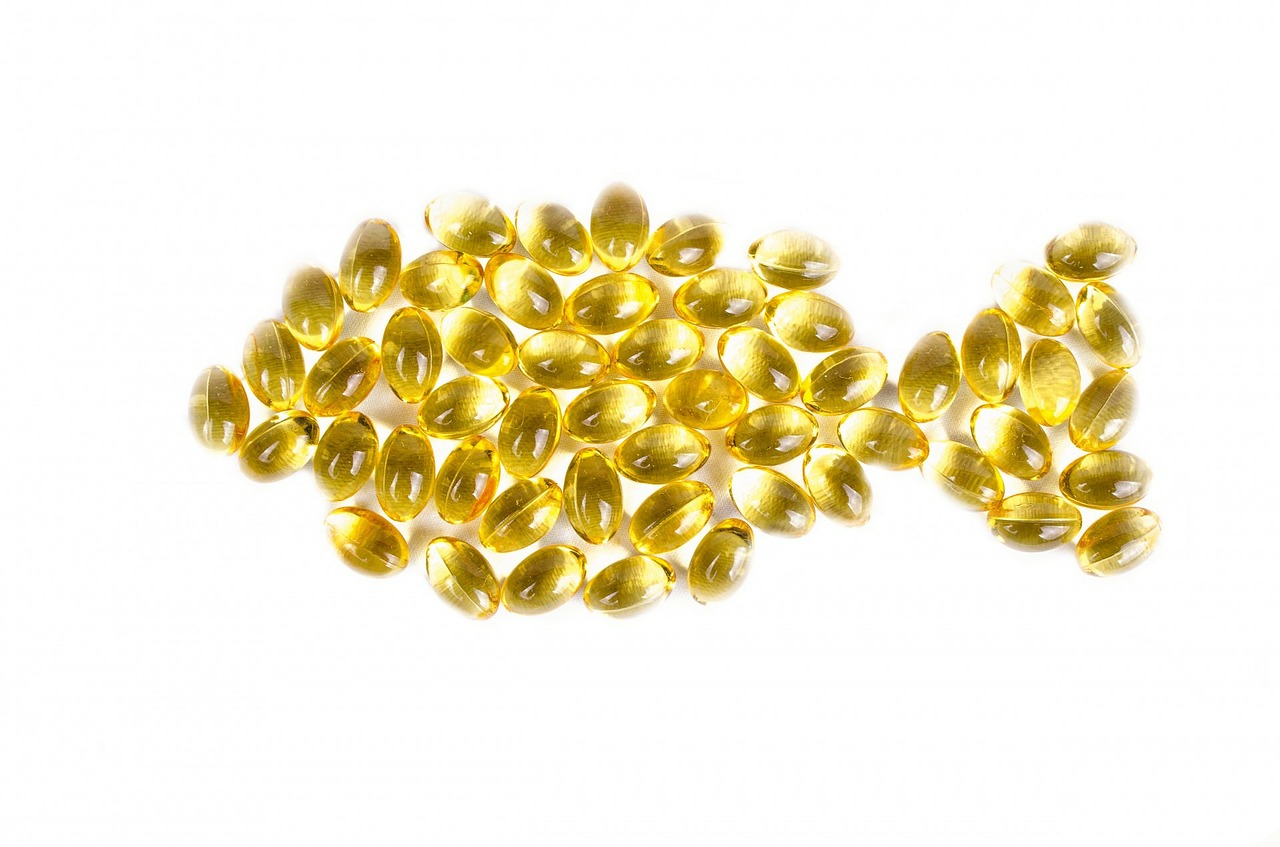 (Pixabay)
(Pixabay)
There are a wide range of benefits that are tied in with taking fish oil, mainly due to the two fatty acids contained in it; docosahexaenoic acid, and eicosapentaenoic acid. As we move into our senior years, one of the biggest health concerns we need to be aware of is cardiovascular disease. Elderly people’s risk of this condition increases greatly, as the arteries leading to the heart can become stiff, having a negative effect on the way our blood travels through them, and how hard the heart needs to work. Studies have shown that incorporating Omega – 3 fish oil in our diet on a daily basis, helping along with supplements like Nutrigold can help massively with the cardiovascular health of elderly people, reducing inflammation in the arteries and keeping blood flowing healthily.
Calcium
(Pixabay)
As we grow older, our natural need for calcium will increase, helping to maintain the strength of our bones and teeth, and keep them healthy. Older people can be at much greater risk of bone fractures and osteoporosis, but by and large, these are preventable, as long as you’re making sure there’s enough calcium in your diet. Older adults (over the age of 50) should be aiming for 1,200 milligrams a day, and the best way to hit this is through eating right and taking supplements. If you’re not sure about the various supplement brands on the market, AlgaeCal side effects are non-existent. However you do it, make calcium a staple of your diet.
Fibre
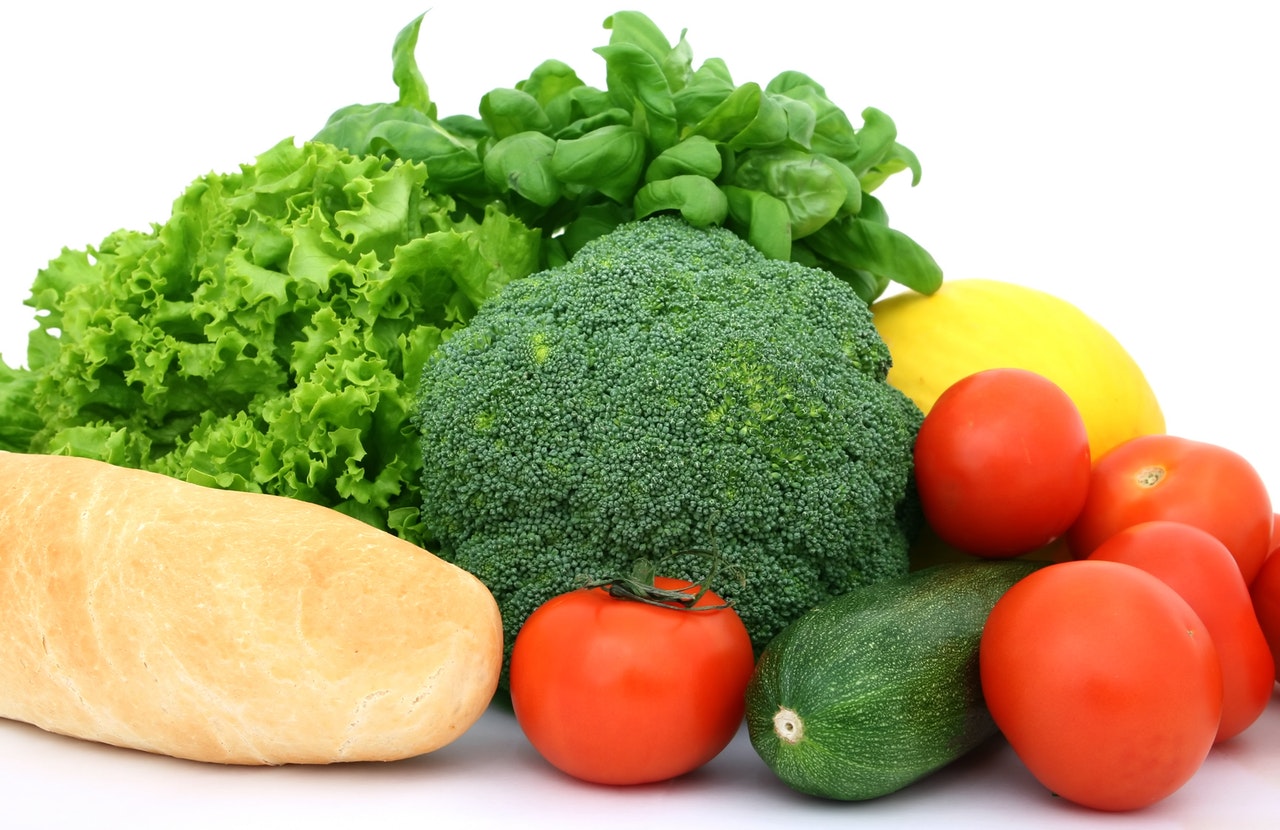 (Pexels)
(Pexels)
A number of changes in the gastrointestinal tract happen as we reach old age, and our ability to absorb nutrients will often decrease. Diets that are rich in fibre can help to reduce the chances of constipation, which is a very common problem in people over the age of 65. Once you pass the age of 50, you need to make sure you’re getting a sufficient intake of both soluble and insoluble fibre in your diet, thereby keeping bowel irritations and issues to a minimum.
Probiotics
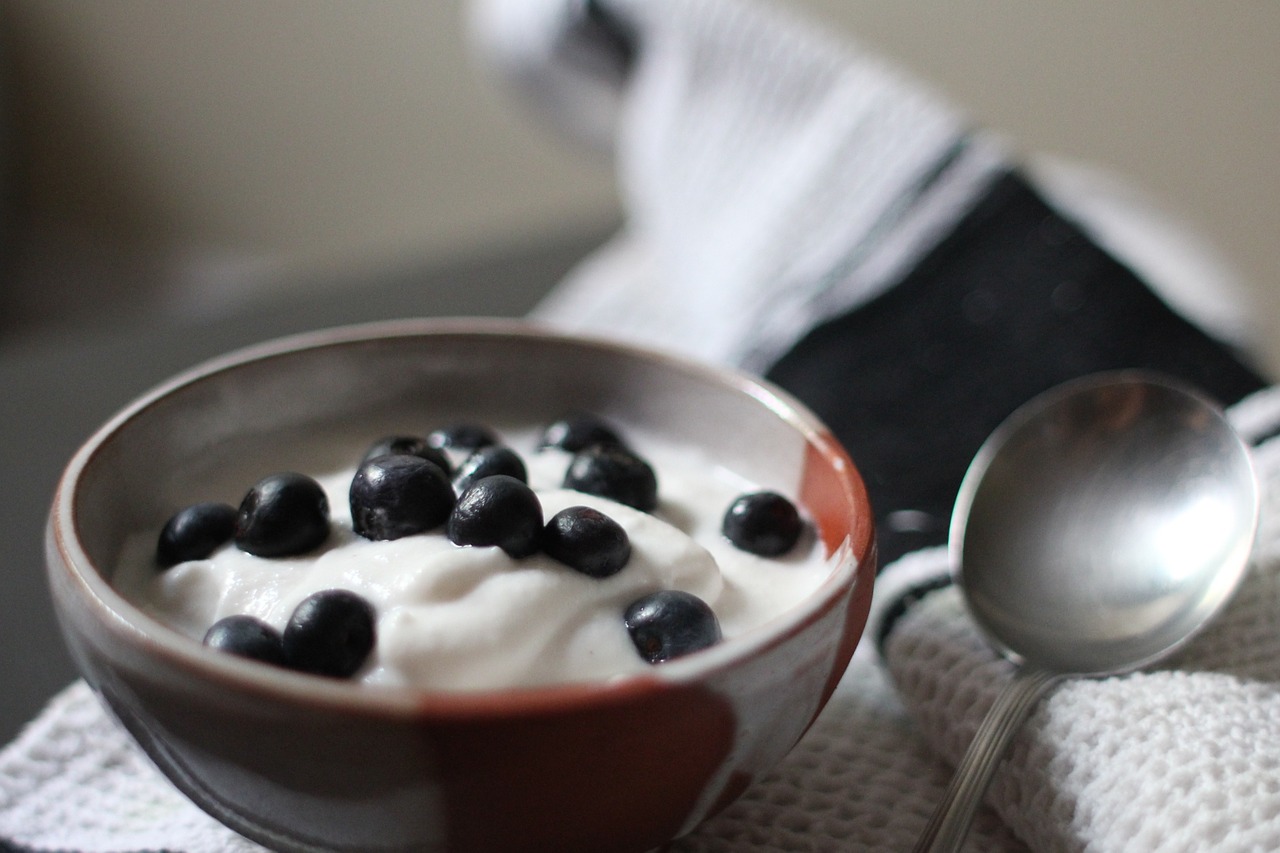 (Pixabay)
(Pixabay)
Another way you can help your digestion is by maintaining your body’ balance of good and bad bacteria. Our levels of “good bacteria” plummet once we reach the ages between 55 and 60, which makes us more susceptible to IBS, stomach infections, bloating and indigestion. Start getting more probiotics in your diet, which contain a range of microorganisms that are naturally found in the digestive system. Talk to your doctor about how much you should be getting, follow it up, and you’ll maintain a much healthier digestive tract, and a much more effective immune system.

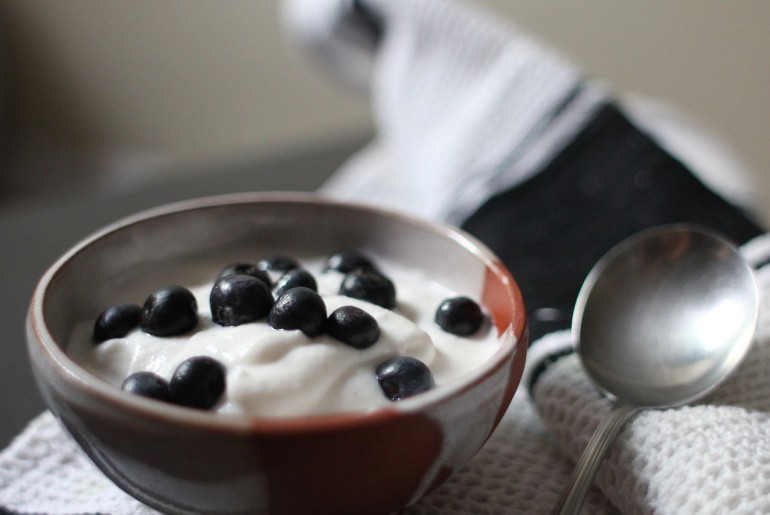
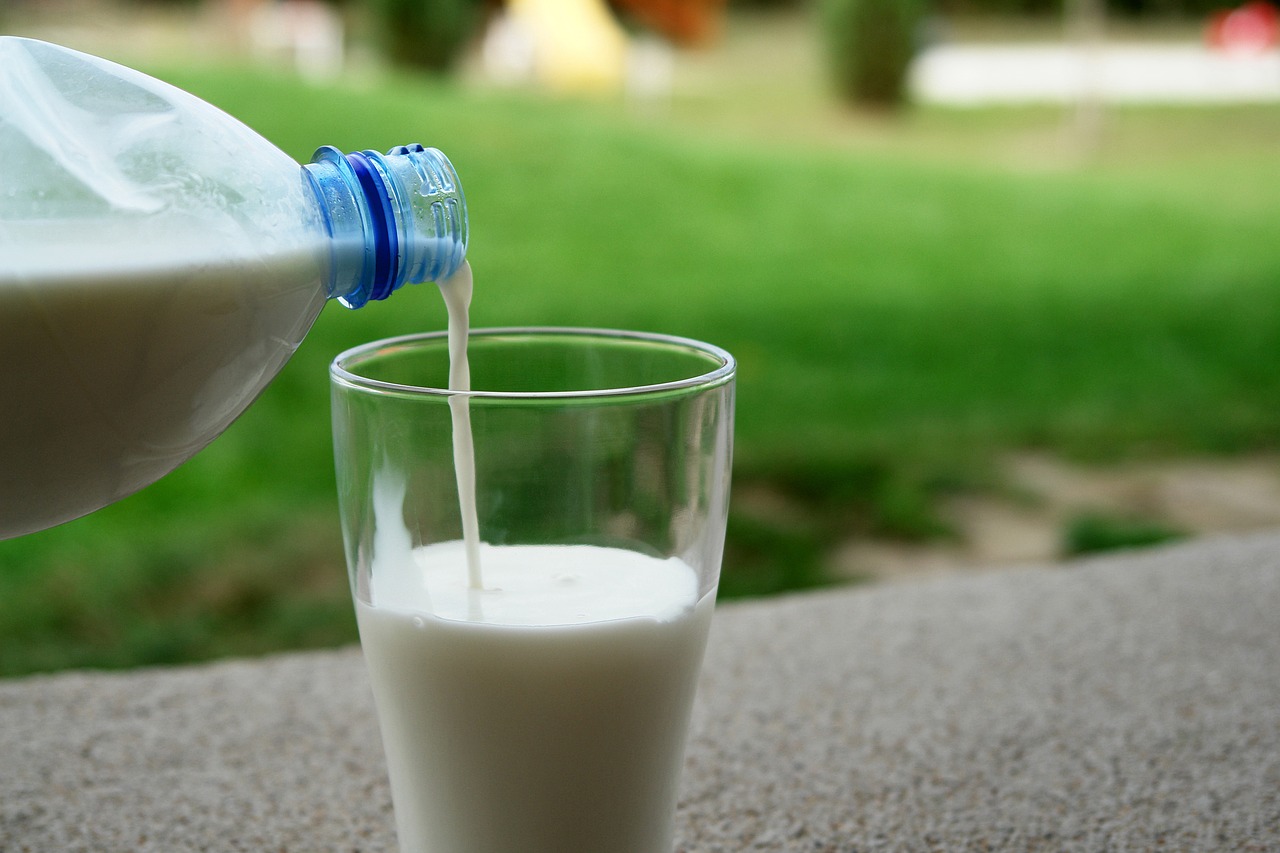








Comments are closed.